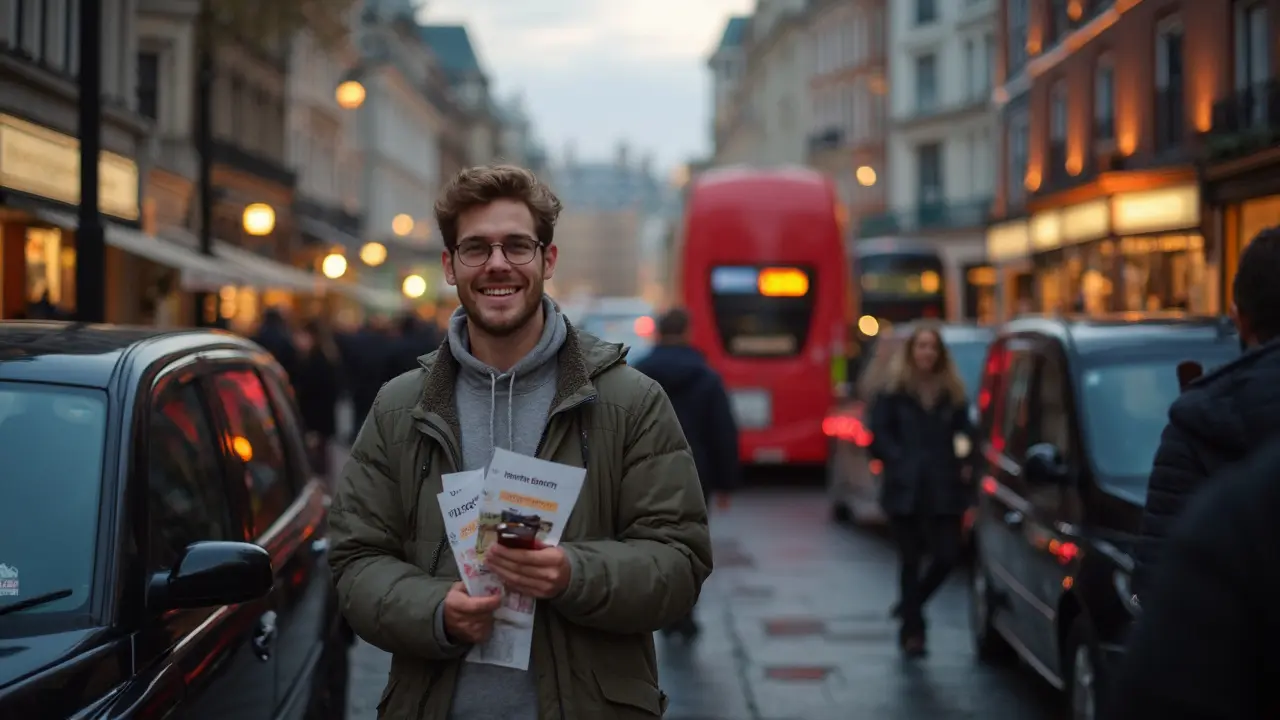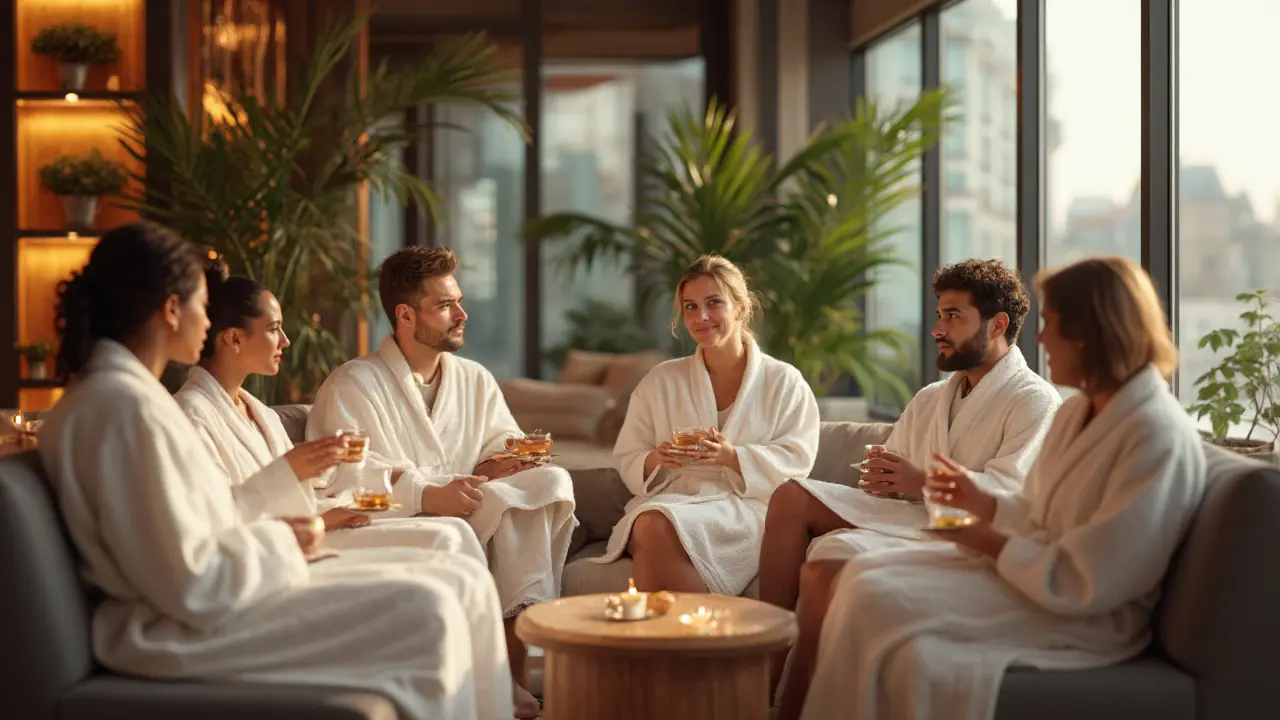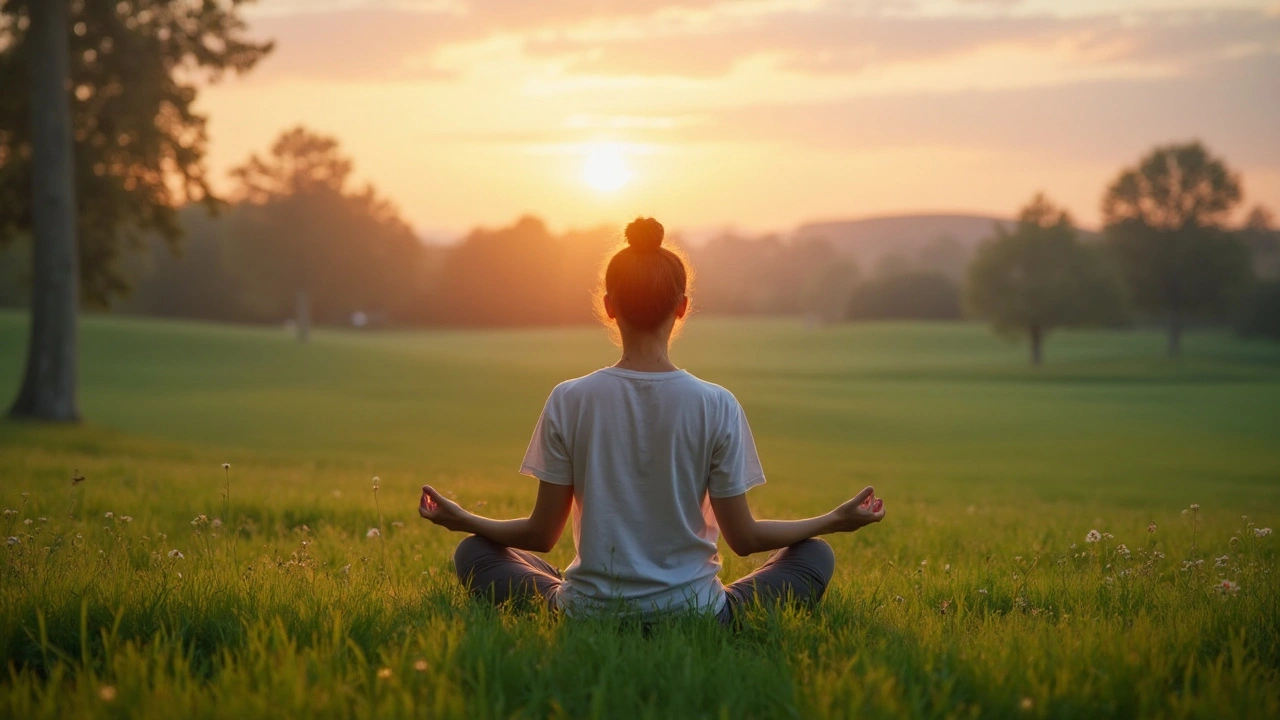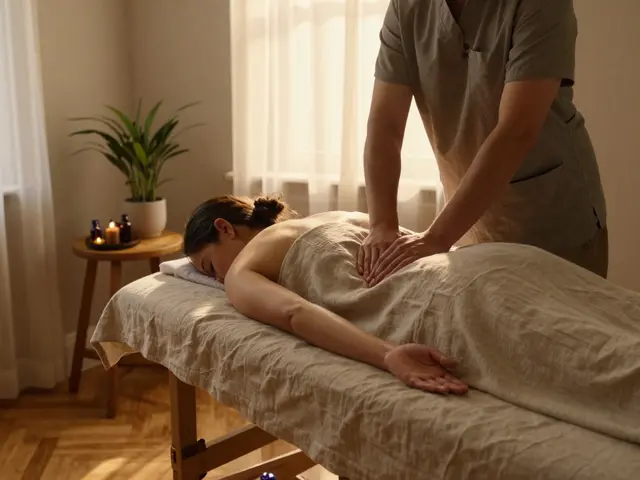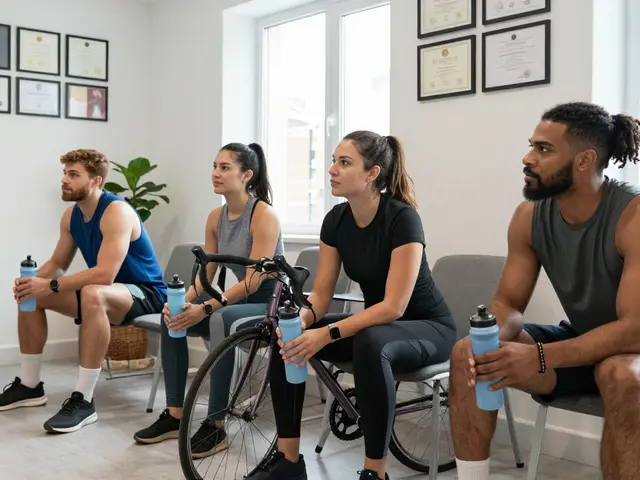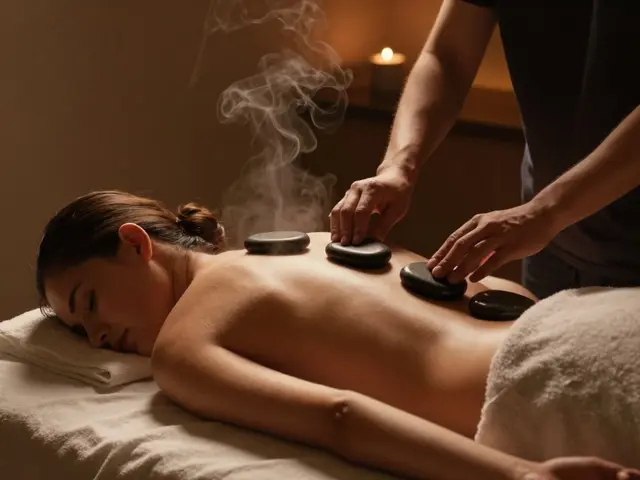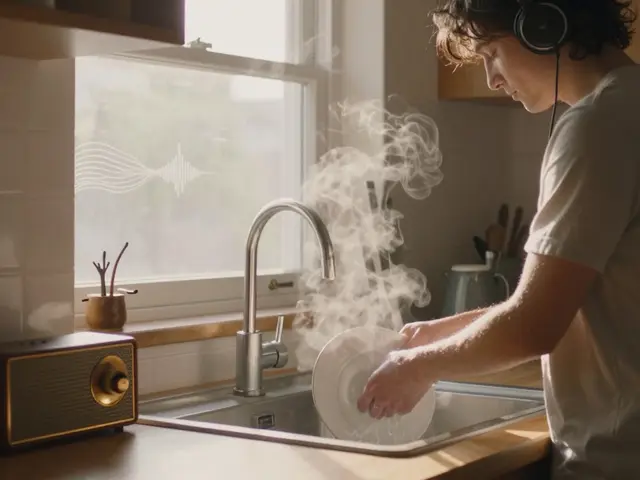Relaxation Tips: Easy Ways to Unwind and Feel Better
Feeling tense after a long day? You’re not alone. Most of us juggle work, travel, and personal life, and the stress can pile up fast. The good news is you don’t need a fancy spa to relax. A handful of simple habits can turn a hectic day into a calmer one.
Quick Everyday Techniques
First off, try a 2‑minute breathing break. Sit straight, close your eyes, and inhale for four counts, hold for two, then exhale for six. Do this three times and notice the tension melt away. It works anywhere – on the tube, at your desk, or in a coffee shop.
Second, move your body a little. A short walk around the block, a few shoulder rolls, or even a quick stretch can reset your nervous system. The key is consistent movement, not intensity. Even a five‑minute stroll in a park near your office can boost endorphins and clear mental fog.
Third, use your senses. Light a scented candle with lavender or citrus, or splash a few drops of essential oil on your wrist. The scent triggers a calm response in the brain. If you’re at work, a discreet aromatherapy roll‑on does the trick without distracting colleagues.
Better Relaxation at Home
When you get home, create a mini‑relax zone. Turn off bright lights, swap them for a warm lamp or a soft LED strip. Play low‑volume music or nature sounds – birds chirping, rain, or ocean waves. These background noises lower cortisol, the stress hormone.
Next, try a short self‑massage. Use your fingers to knead the neck and shoulders, or roll a tennis ball under your feet. This helps release muscle knots that often build up from sitting too long. It’s a cheap, effective way to get a massage feeling without booking an appointment.
If you have a bathtub, add a few drops of Epsom salt and soak for ten minutes. The magnesium in the salt relaxes muscles and improves circulation. No bathtub? A warm shower with slow strokes works too. Focus on the water’s temperature and let it wash away the day’s stress.
Finally, set a digital curfew. Put your phone on “Do Not Disturb” an hour before bed and avoid scrolling. The blue light from screens tricks your brain into thinking it’s still daytime, making it harder to fall asleep. A calm mind leads to better sleep, which in turn lowers overall stress.
Remember, relaxation isn’t a one‑size‑fits‑all plan. Mix and match the tips that feel right for you. Start with one tiny habit, like the breathing break, and build from there. Soon you’ll notice a steady drop in tension and a boost in energy for whatever London throws at you next.
